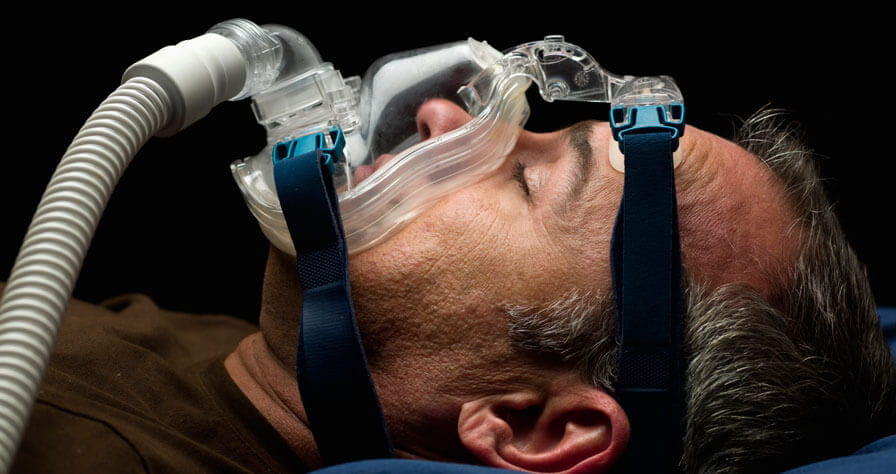What are the Different Types of Insomnia?

Insomnia is a condition in which a person has trouble sleeping. That difficulty can be present in one or more of three different areas: falling asleep, staying asleep or waking too early. More than just causing you to feel sleepy during the day, insomnia can have a wide range of negative effects on the body including:
- Increased risk for many medical conditions such as high blood pressure, stroke, heart disease, seizures, obesity and diabetes mellitus
- Decreased performance at school or work
- Increased risk for vehicular accidents
- Increased risk of mental health disorders including depression and anxiety
- Shortened life expectancy
Most people experience trouble falling asleep (onset insomnia) or staying asleep (maintenance insomnia) occasionally. However, if the problem persists, it is important to discuss it with your doctor.
Types of Insomnia
To help with the assessment and treatment of insomnia, doctors and sleep specialists tend to break the condition down into different categories, such as:
- Acute insomnia. This type of insomnia, sometimes called sudden onset insomnia, is brief and tends to be caused by life stressors such as a job change, divorce, death of a loved one or relocating. It may last for a period of days or weeks. Even positive events like vacation travel can cause stress that brings on an episode of insomnia. Acute insomnia tends to resolve on its own.
- Chronic insomnia. If insomnia occurs at least three nights per week for three or more months, it is classified as chronic insomnia. There are a number of causes of this type of insomnia, including not sleeping on a regular schedule, eating too close to bedtime and chronic stress. However, in many cases, no cause is ever determined. If you have chronic insomnia, you should seek medical advice and assistance, as the long-term health consequences are significant.
- Comorbid insomnia. This type of insomnia is diagnosed when it occurs simultaneously with another condition. For example, some psychiatric issues can affect sleep patterns. And certain medical conditions, such as those that produce chronic pain, can cause or worsen insomnia.
Insomnia Can Be Treated
Insomnia is a condition that many people simply try to “get through” or “get used to.” But, there is no need to struggle endlessly with nighttime sleep difficulties and daytime sleep deprivation issues. Contact your doctor to talk about the variety of steps that can be taken to help you get more and better-quality sleep. This may include treating underlying causes, practicing better “sleep hygiene,” getting regular exercise, making changes to your diet, using relaxation techniques and taking prescription medication.



